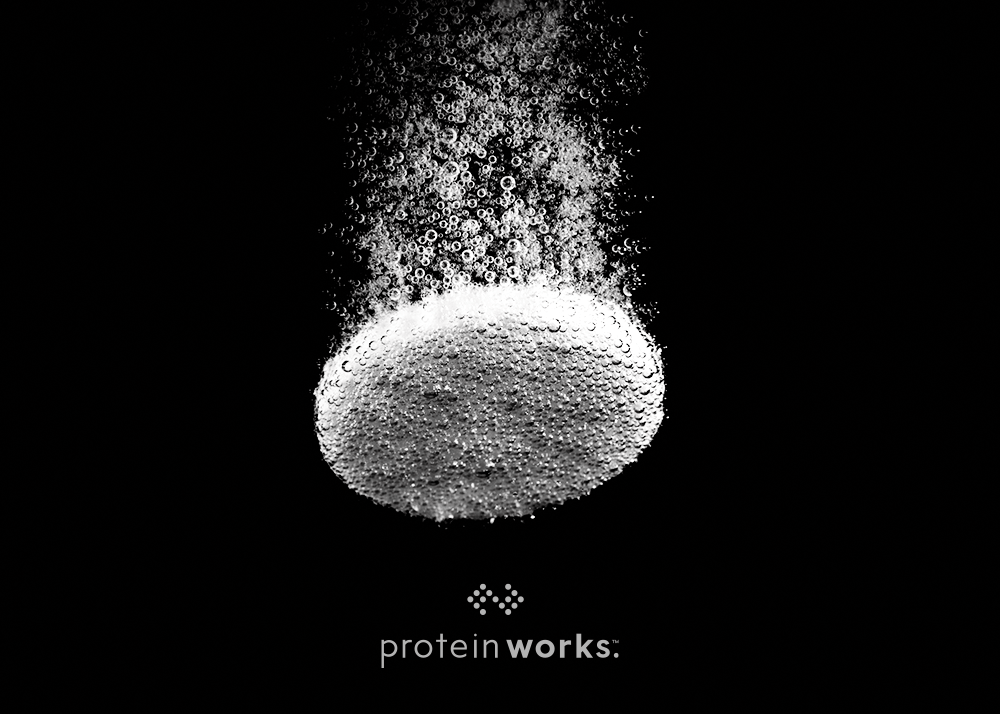Electrolytes are crucial minerals that are essential for the proper functioning of the body. They play a key role in various functions such as hydration, muscle movement, and maintaining a steady heartbeat. The main electrolytes include sodium, potassium, chloride, magnesium, calcium, bicarbonate, and phosphate.
On a daily basis, the body naturally loses electrolytes through processes like breathing, sweating, and digestion. These electrolytes are typically replenished through the foods we eat and the fluids we drink. However, during times of illness or intense exercise, the body may require additional electrolytes to meet the increased demand. Maintaining the right balance of electrolytes is vital for staying hydrated, energized, and functioning optimally.
Electrolytes are important for regulating fluid balance, supporting muscle contractions, maintaining a steady heartbeat, assisting in nerve signaling, and balancing pH levels in the body. Without sufficient electrolytes, these processes may not function properly, leading to symptoms like dehydration, muscle cramps, and fatigue.
An electrolyte imbalance can occur when the levels of electrolytes in the body are either too high or too low. Factors such as dehydration, illness, certain medications, dietary factors, and intense exercise can disrupt the electrolyte balance. Symptoms of an electrolyte imbalance may include muscle cramps, fatigue, confusion, or even serious heart issues.
The best way to maintain a healthy electrolyte balance is through a balanced diet. Electrolytes can be found naturally in a variety of foods including fruits, vegetables, dairy, nuts, seeds, and table salt (in moderation). In addition to food sources, electrolyte drinks can be a convenient option for quick replenishment, especially after intense exercise or in hot weather.
The amount of electrolytes needed varies depending on factors such as age, lifestyle, and activity level. A typical adult should aim for daily amounts of sodium chloride, potassium, calcium, and magnesium as recommended by the NHS. However, during times of increased need such as illness or intense exercise, it may be necessary to boost electrolyte intake through foods or drinks.
Maintaining electrolyte balance is crucial for overall health and well-being. While a balanced diet usually suffices, during times of increased demand, electrolyte drinks can provide a quick and convenient way to restore hydration and energy. It is important to strike a balance and avoid overconsumption of electrolytes to support optimal health.
References:
– https://www.nhs.uk/conditions/vitamins-and-minerals/
– https://www.healthline.com/nutrition/electrolytes
– https://www.ncbi.nlm.nih.gov/books/NBK236237/
– https://www.ncbi.nlm.nih.gov/books/NBK541123/
– https://www.healthline.com/nutrition/foods-high-in-phosphorus
– https://www.webmd.com/a-to-z-guides/what-is-electrolyte-imbalance
In conclusion, maintaining electrolyte balance is essential for overall health and well-being. By understanding the importance of electrolytes, their sources, and the right doses, you can ensure that your body functions optimally and stays hydrated and energized.


